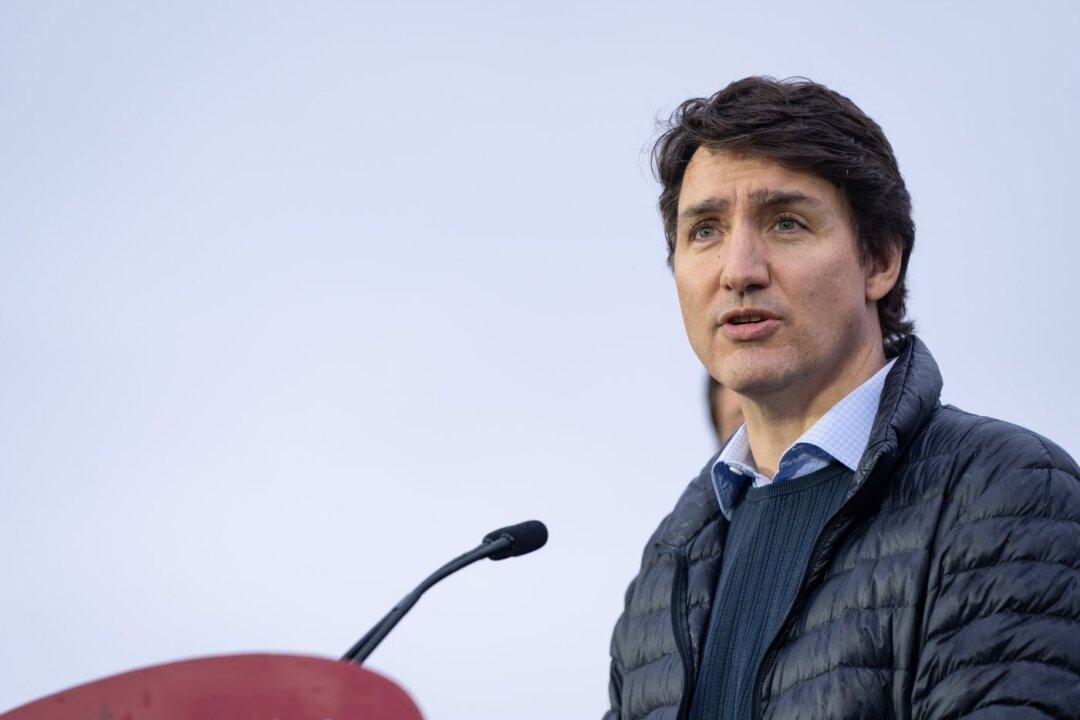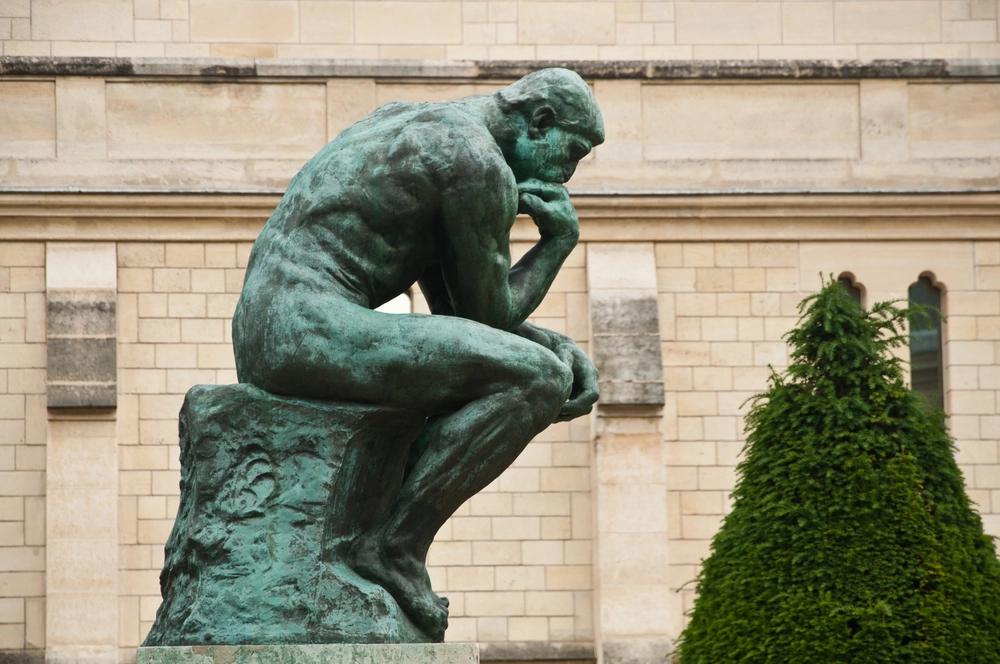Commentary
Given his poll position, Prime Minister Justin Trudeau led with his chin in saying “My job is not to be popular.” Sneering variants on “Mission accomplished” flew thick and fast. But for once he had an important point. Far too many politicians do what they think will be popular and hope it’s right, and our politics would be dramatically improved if instead they did what they thought was right and hoped it would be popular.





